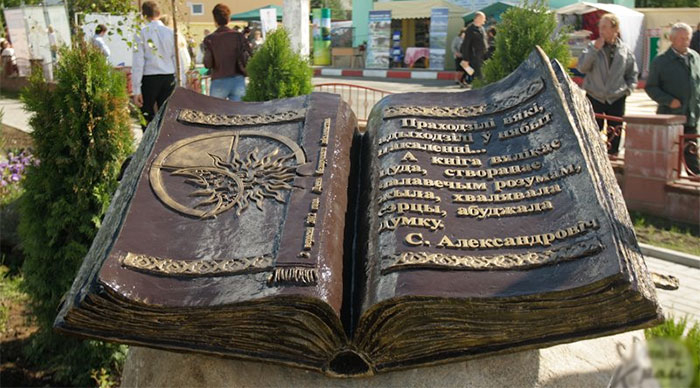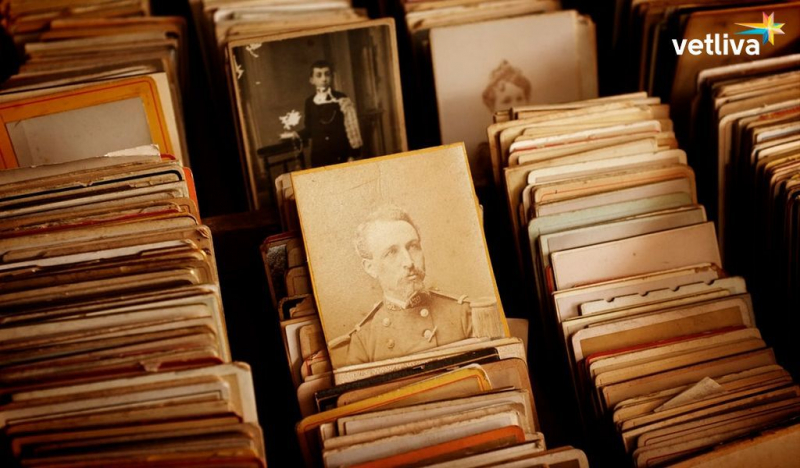Literature
Religious writing from the 11th to the 13th centuries served as the basis for early Belarusian literature; an example is the 12th-century poetry of Cyril of Turaw. These writings, which were typically composed in Old Belarusian, Latin, Polish, or Church-Slavic, frequently rhymed. Francysk Skaryna, a native of Polotsk, finished translating the Bible into Belarusian in the sixteenth century. It was the first book produced in Belarus or anyplace in Eastern Europe, and it appeared between 1517 and 1525 in Prague and Vilnius. In the late 19th century, Belarusian literature entered its modern era, with Yanka Kupala emerging as a significant author. Many of the writers working at the time, including Uadzimir Yka, Kazimir Svayak, Yakub Kolas, Mitrok Biadula, and Maksim Haretski, contributed to the Vilnius-based Nasha Niva newspaper in Belarusian.
After (Eastern) Belarus was included into the Soviet Union, the government seized control of Belarusian culture, and until 1939, only the areas that were incorporated into Poland saw free development of literature (Western Belarus). After the Nazi occupation of Belarus, a number of poets and writers fled the country and did not come home until the 1960s. The main subject of post-war literature was World War II, often known as the Great Patriotic War in Belarus (Vasil 'Bykaw, Ales Adamovich, etc.), which had particularly profound wounds in Belarus. The pre-war era was also frequently depicted (Ivan Melezh). With the publication of novels by Vasil' Bykaw and Uladzimir Karatkievich in the 1960s, Belarusian literature had a significant renaissance.












